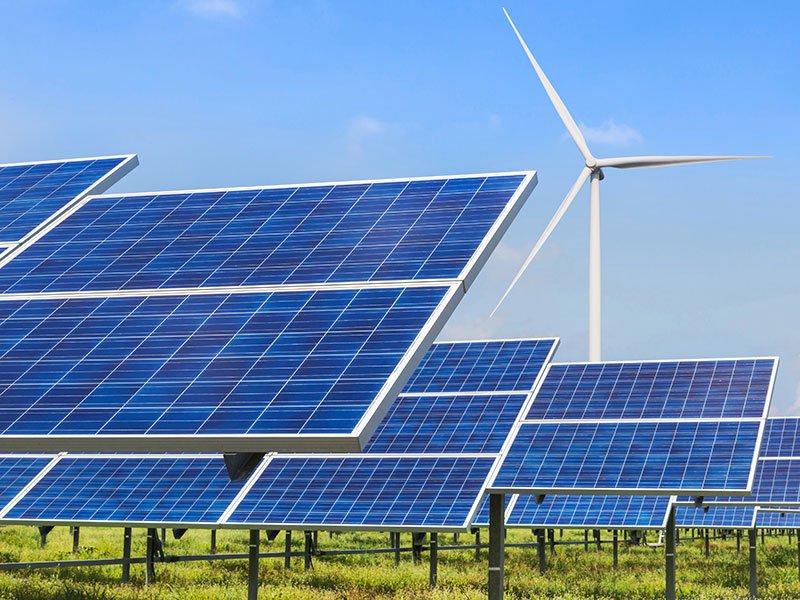Professional association Engineers Australia has backed the federal government’s climate change bills in-principle but argues that the 2030 emissions reduction target could be raised from 43 per cent to 48 per cent with minimal additional effort.
In particular, the submission to the Senate Standing Committee on Environment and Communications highlights the need to support training and development of skilled workers to “implement the engineering requirements of decarbonised infrastructures, systems and nascent technologies at both pace and scale”. It notes that the right policy, legislative, and regulatory settings “are arguably not in place today”.
The group’s policy priorities for emissions reduction include demand-side measures such as conservation and efficiency gains, as well as decarbonising polluting industries while developing a circular economy.

Engineers Australia (EA) also highlights the “significant economic opportunity for local services to increasingly substitute for global supply solutions especially in energy conservation, storage, renewable energies and zero and near emissions solutions”.
The introduction of a carbon price, whether market determined or administratively administered was also highlighted by EA as not being mutually exclusive to the introductions of the bills. EA also calls for further policy consideration on “how complementary they actually are relative to achieving and accelerating reductions in Australia’s point source emissions”.
In the Department of Industry, Science and Resources submission, it was noted that a legislated emissions reduction target is welcomed by several industry groups including Australian Chamber of Commerce and Industry, Ai Group, the Minerals Council of Australia and the Business Council of Australia. This is mostly due to the policy certainty it provides businesses.
The department also notes that increasingly ambitious emissions reductions targets domestically and internationally will drive demand for hydrogen and critical minerals. This has the potential to “improve the international competitiveness and attractiveness of Australia’s exports”.
In particular, the department cites Australia’s large reserves of critical minerals, resource sector expertise, high ESG standards, and stable investment environment as a an opportunity for the country to contribute to the global clean energy transition.
EA also “respectfully challenges in this regard whether Australia’s levels of ambition…are well aligned with the best available science of the [International Panel on Climate Change]”.
The group claims that a “revised target of 48 per cent below 2005 level seems plausible” without a significant increase in emissions reduction efforts. This is based on emissions reduction projections published by the then-Department of Industry, Science, Energy, and Resources in October 2021.
EA also points out that Australia’s carbon budget under the federal government’s 2030 emissions reduction target of 43 per cent below 2005 levels corresponds as well as its 2050 net zero target would consume 1.2 per cent to 4.0 per cent of the remaining global carbon budget. Australia generates just over 1.0 per cent of global emissions.
Overall, the group states that the proposed bills do not undermine its preferred positions outlined in its Climate Change Position Statement and could materially support them.
Science and Technology Australia’s submission calls for the government to “name and fame” the industry sectors leading Australia’s emissions reduction push, recommending the disclosure be added to Labor’s landmark climate change bill.







